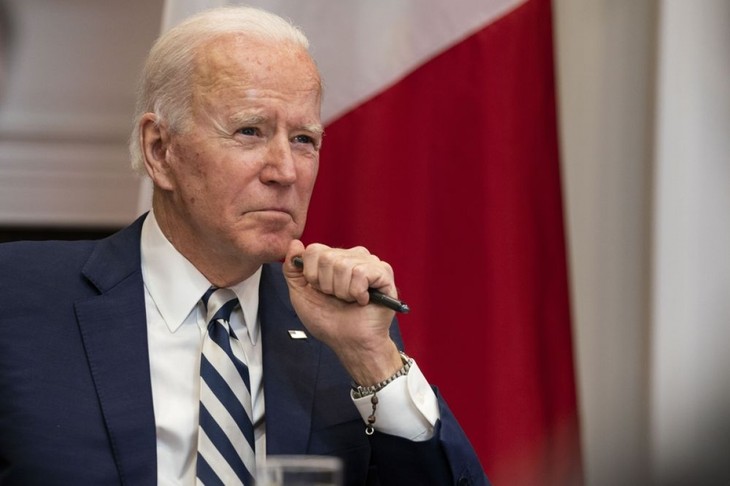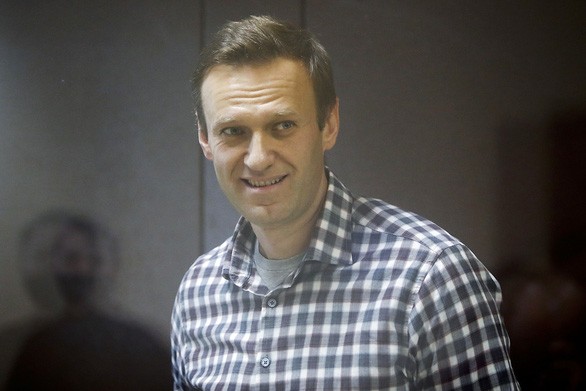(VOVWORLD) - The long-standing rift between the West and Russia widens this month after new sanctions were imposed on Moscow by the US and the European Union.
 US President Joe Biden (Photo: New York Times) US President Joe Biden (Photo: New York Times)
|
The US announced new sanctions on seven high-ranking Russian officials on Tuesday for actions against opposition politician Alexei Navalny. This, President Joe Biden's first action toward Russia, was preceded by an EU travel ban and freezing of assets in Europe of four senior Russian officials. Analysts say the coordinated sanctions send a unified message to the Kremlin.
Coordinated sanctions
Topping the US sanctions list is a prominent Russia investigator named Alexander Bastrykin. The US will also tighten export controls on certain businesses involved in the production of Russian biological agents. The US Department of Commerce will add 13 names to the list of entities sanctioned for the production of biological agents and chemicals, including nine in Russia, three in Germany and one in Switzerland. These are the first US sanctions against Russian individuals and entities involved in the Navalny case.
 Opposition politician in Russia Alexei Navalny (Photo: Reuters) Opposition politician in Russia Alexei Navalny (Photo: Reuters)
|
The US intelligence community concluded with “high confidence” that Russia's Federal Security Service used the Russian nerve agent Novichok on Navalny last August.
The two leading figures on the EU sanctions list are the President of Russia’s Investigation Commission Alexander Bastrykin and Prosecutor General Igor Krasnov. European Council President Charles Michel said the sanctions related to Navalny show that the EU is totally united in defending its interests.
Message
Sanctions against Russia were mentioned when Joe Biden was still campaigning for the White House and are consistent with Biden’s tough stance on Moscow over the years. This convey a clear message to other existing and potential US adversaries.
Washington is assuring the world that the US is back and will stand with its allies on all fronts, including dealing with Moscow.
The sanctions do not specifically target President Vladimir Putin or any other key Russian government officials, however. Washington wants to keep open communications with Moscow to handle thorny issues like the nuclear ambitions of Iran and North Korea, nuclear arms control, terrorism, climate change, and China. This mirrors the EU's attitude, which is that Russia is both a rival and a partner.